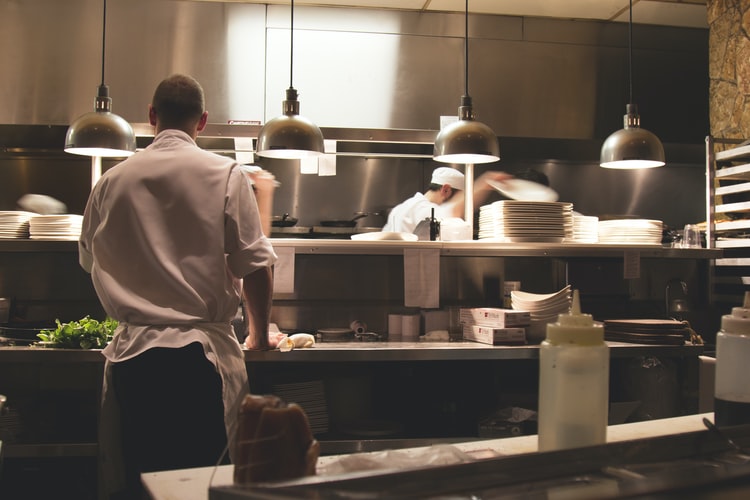Hospitality has been one of the hardest hit sectors during the pandemic and the subsequent restrictions and lockdowns.
After the first lockdown was introduced in March 2020, turnover dove by 79% in April, from £5,528 million to £1,111m, as four out of five hospitality businesses temporarily closed.
But through resilience, adaptability and Government support such as the bounce back loan scheme, average turnover had returned to a somewhat ‘normal’ level by August 2020.
By the time the UK locked down again in early 2021, businesses were prepared and 46% of hotels, pubs, bars and restaurants kept their doors open.
So, with the full unlocking of the economy on 19 July 2021, what’s the state of the hospitality sector today? Is it bouncing back? And, if so, what can businesses do to ensure they’re part of it?
Bouncing back?
Since January 2021, the hospitality sector has fortunately been on its way towards a recovery, especially compared to what we saw last year.
For instance, between May 2020 and May 2021, the latest month for which data has been published by the Office for National Statistics, hospitality turnover grew by 453% to hit £6,867m.
But things aren’t back to pre-pandemic levels. May 2021 saw a turnover of £6.867m, 25% lower than in May 2019 and almost 12% lower than hospitality’s performance in February 2020.
Nevertheless, May 2021 marks the fourth month of consecutive growth for the sector and we’ve seen turnover increase by 143% since January.
Problems for hospitality persist
Despite recent growth, business confidence within the hospitality sector is stubbornly low, with one in five pub owners saying in June 2021 that they didn’t believe their pubs would survive until August.
Between 31 May and 13 June, only 14% reported ‘high confidence in their survival over the next few months, similar to the proportion of optimistic licensed restaurant owners (15%).
It’s only accommodation services that match all other industries, with 47% reporting a high confidence in their business’s survivability.
What might have preyed on restaurant, takeaway and pub owners’ minds was their commercial debt obligations, worth around £8 billion in all, £2.5bn of which related to rent payments.
Fortunately, the Government recently extended protection from eviction for commercial tenants to 25 March 2022, but commercial debt will remain a problem as it has tended to be for the sector – over the course of 2019, commercial debt stood at £27bn.
Staffing is another problem many businesses are facing.
Changes in immigration rules have meant that most non-UK workers earning less than £20,480 cannot be employed in the UK. That’s a huge blow for hospitality in which non-UK migrants made 30% of the workforce in 2019.
Meanwhile, the pandemic has taken its toll, especially in cities that have seen people leave to escape lockdowns and restrictions, especially among students who otherwise would have worked part time in hospitality.
In all, there were just over 190,000 fewer hospitality workers in June 2021 than in June 2019, driving concerns about productivity and sustainable recovery, which have only been furthered by the so-called ‘pingdemic’.
Opportunities
While there are challenges for a sector that relies on smaller margins even in a more ‘normal’ economy, there are things businesses in hospitality can do today to ensure their survival.
Government support is available, notably the recovery loan scheme, which offers eligible businesses loans worth between £25,001 and £10m and is open until 31 December 2021.
Hospitality businesses can also still take advantage of a reduced version of the furlough scheme until the end of September 2021, while continuing to benefit from lower VAT rates on most goods.
Already, many businesses have shown resilience by adapting their operations in a range of different ways from maximising the use of outdoor space to providing takeaway meals and home food kits.
The Department for Business, Energy and Industrial Strategy says that businesses that continue to adapt “will emerge stronger than before” from the pandemic.
Running their operations as efficiently as possible and devising a watertight tax strategy will therefore also benefit businesses hugely, which an accountant can help you with.
Get in touch with us to talk about your hospitality business.

